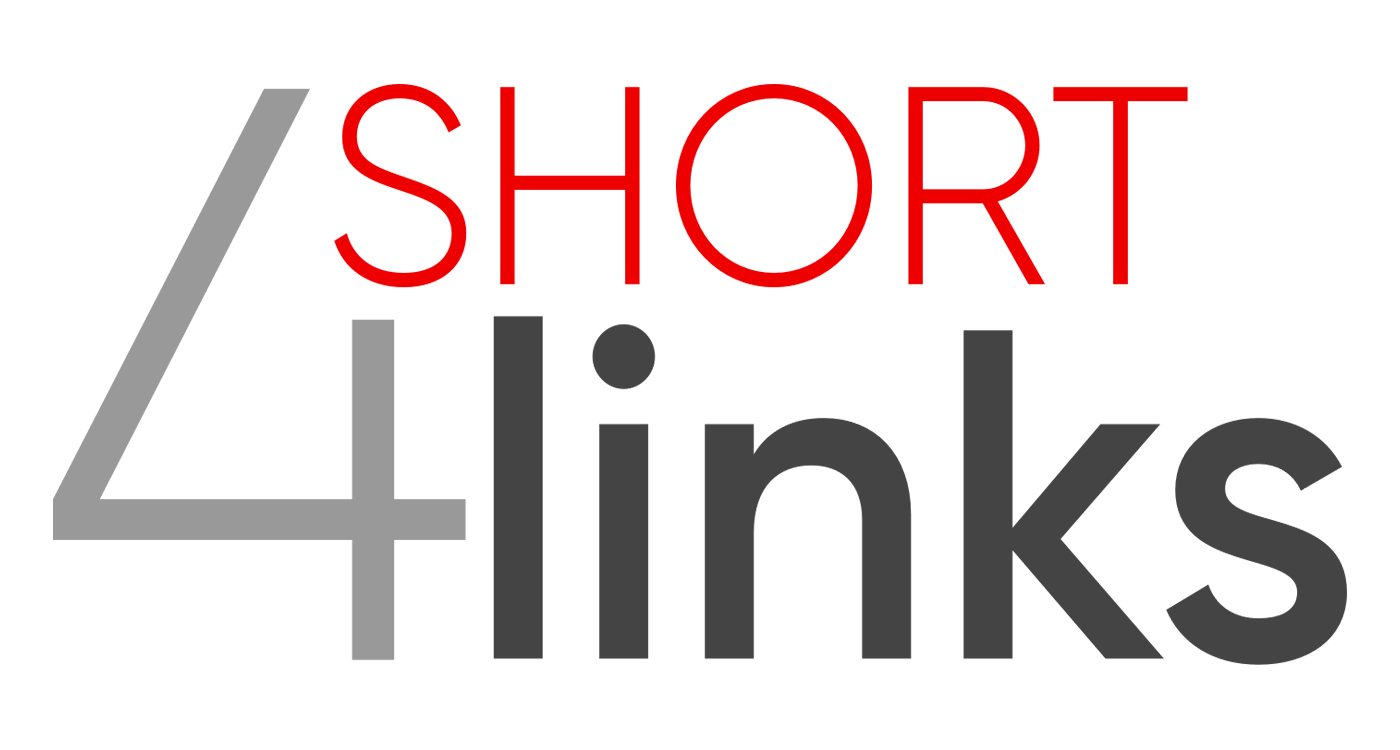Four short links: 13 August 2019
Recognizing Fact, YouTube & Brazil, Programming Zine, and Credit Blacklists

- Younger Americans are Better than Older Americans at Telling Factual News Statements from Opinions (Pew Research) — About a third of 18- to 49-year-olds (32%) correctly identified all five of the factual statements as factual, compared with two-in-ten among those ages 50 and older. A similar pattern emerges for the opinion statements. Among 18- to 49-year-olds, 44% correctly identified all five opinion statements as opinions, compared with 26% among those ages 50 and older. Or, 68% of 18-49 year olds couldn’t tell whether five factual statements were factual? (via @pewjournalism)
- How YouTube Radicalized Brazil (NYT) — He was killing time on the site one day, he recalled, when the platform showed him a video by a right-wing blogger. He watched out of curiosity. It showed him another, and then another. “Before that, I didn’t have an ideological political background,” Mr. Martins said. YouTube’s auto-playing recommendations, he declared, were “my political education.” “It was like that with everyone,” he said.
- Paged Out — a new experimental (one article == one page) free magazine about programming (especially programming tricks!), hacking, security hacking, retro computers, modern computers, electronics, demoscene, and other similar topics.
- Credit Blacklists, Not the Solution to Every Problem — translated Chinese article on blacklists. As the aforementioned source explained, Wulian County is one of the first in Shandong Province to trial the construction of a social credit system, that began last year. The blacklist is a disciplinary measure restricted to persons within the county. It is different from the People’s Bank of China’s credit information evaluation system blacklist, or the blacklist for those deemed to be untrustworthy by the People’s Court. It does not affect the educational opportunities of anyone’s children, whether or not they themselves can ride a train or plane, and so on. Activities such as volunteering, donating blood, charitable contributions, and so on, can add to one’s personal credit (score), and can also be used to restore and upgrade credit ratings, removing themselves from the blacklist. (via ChinAI)
